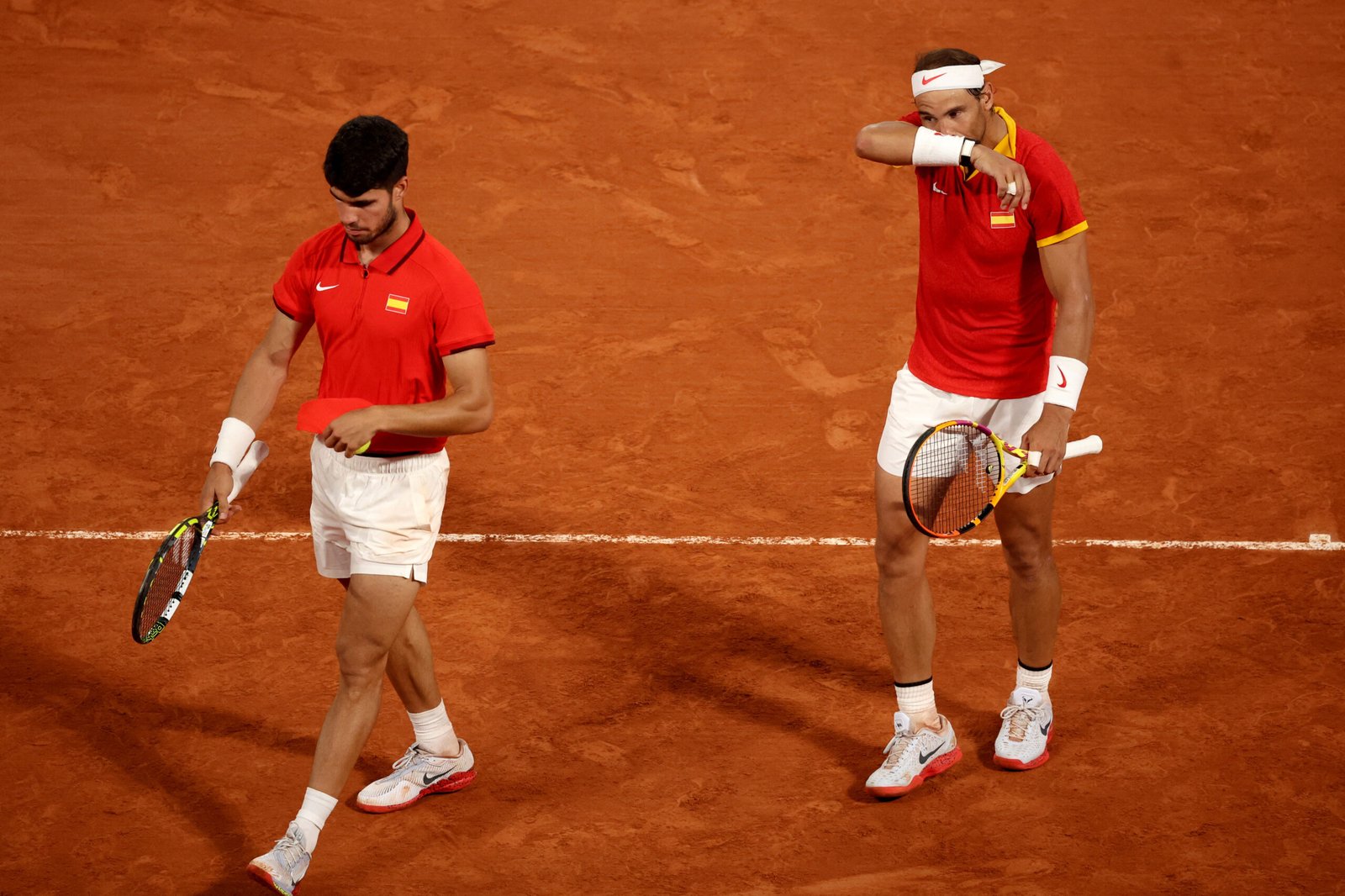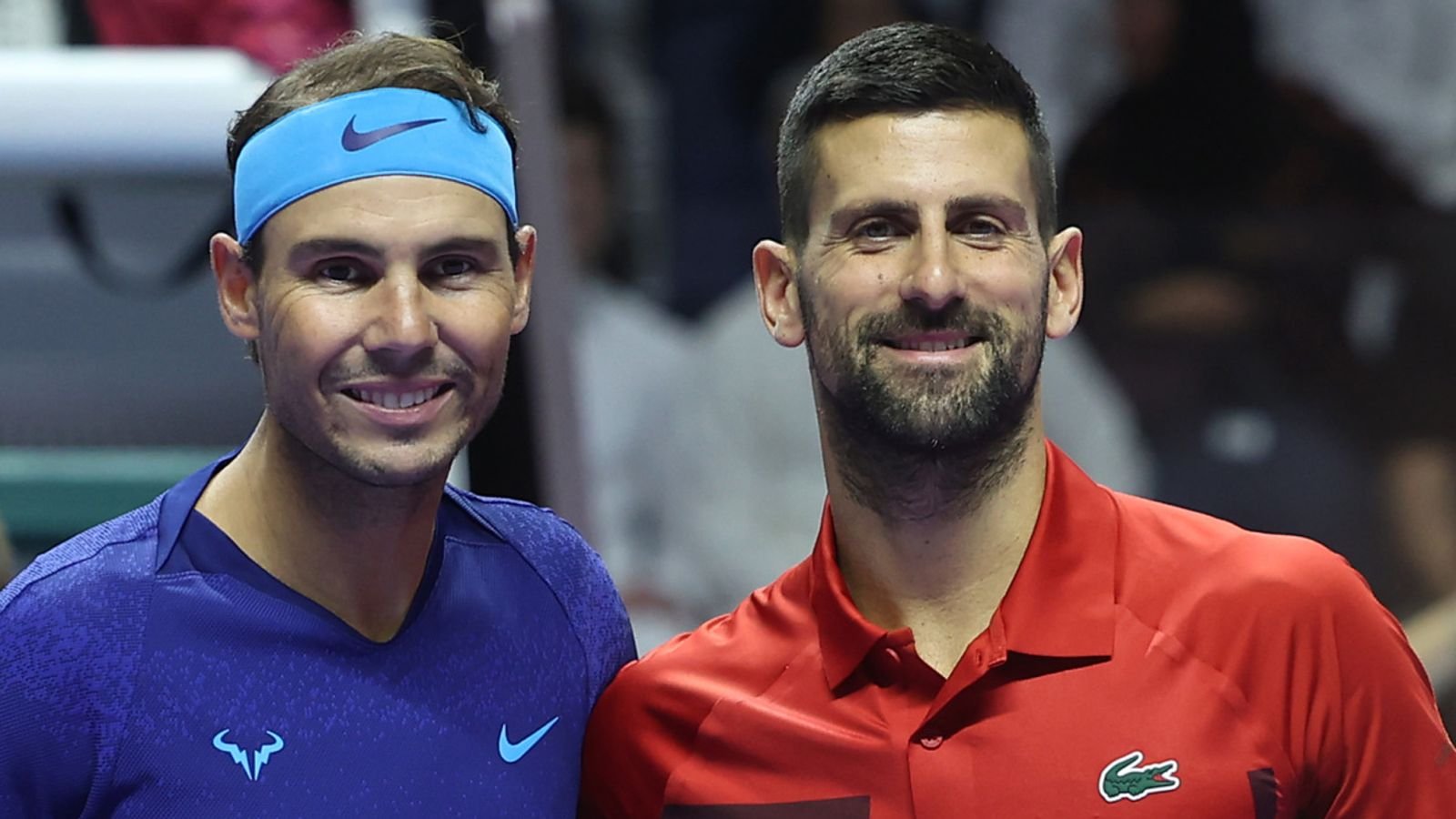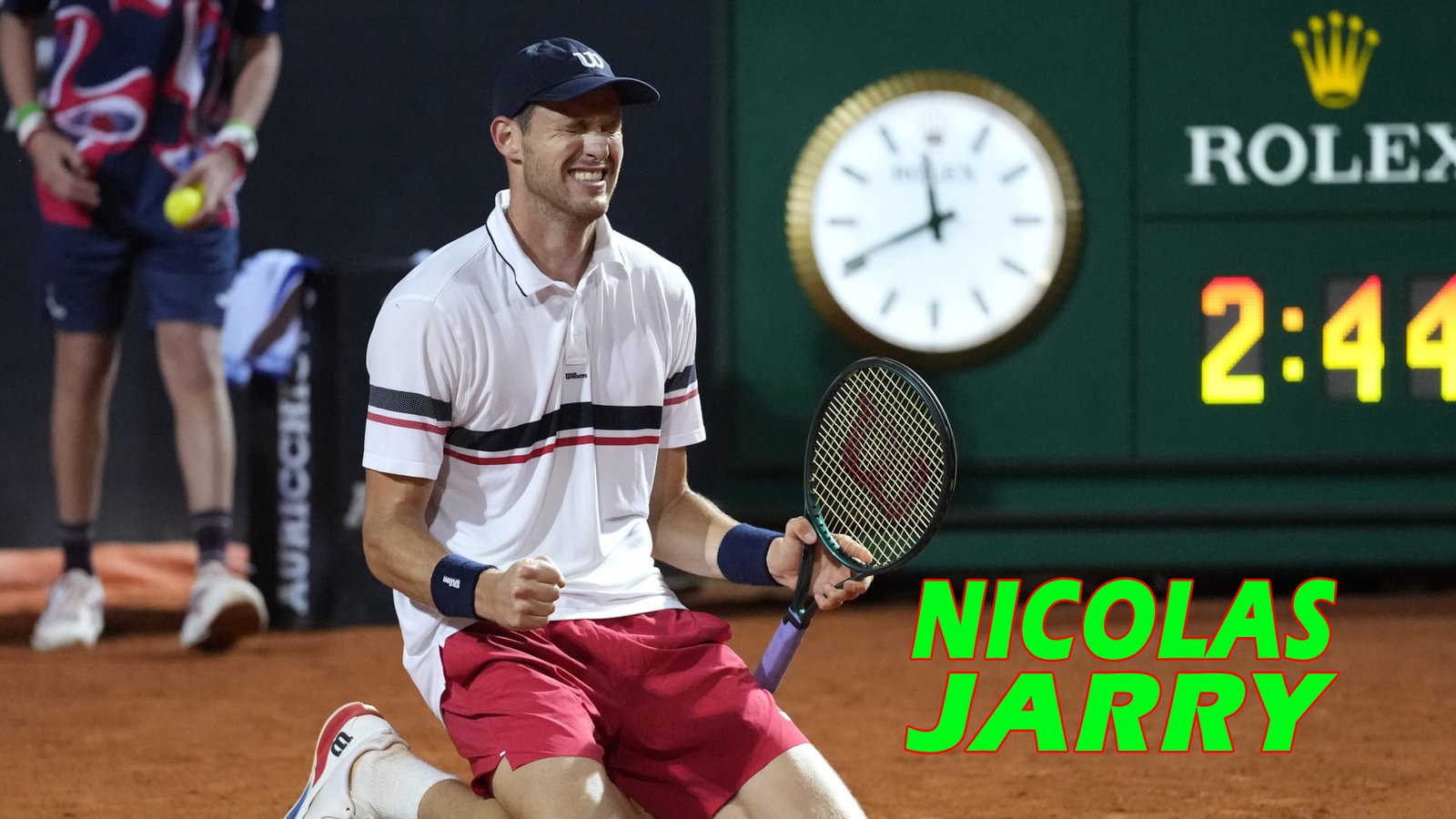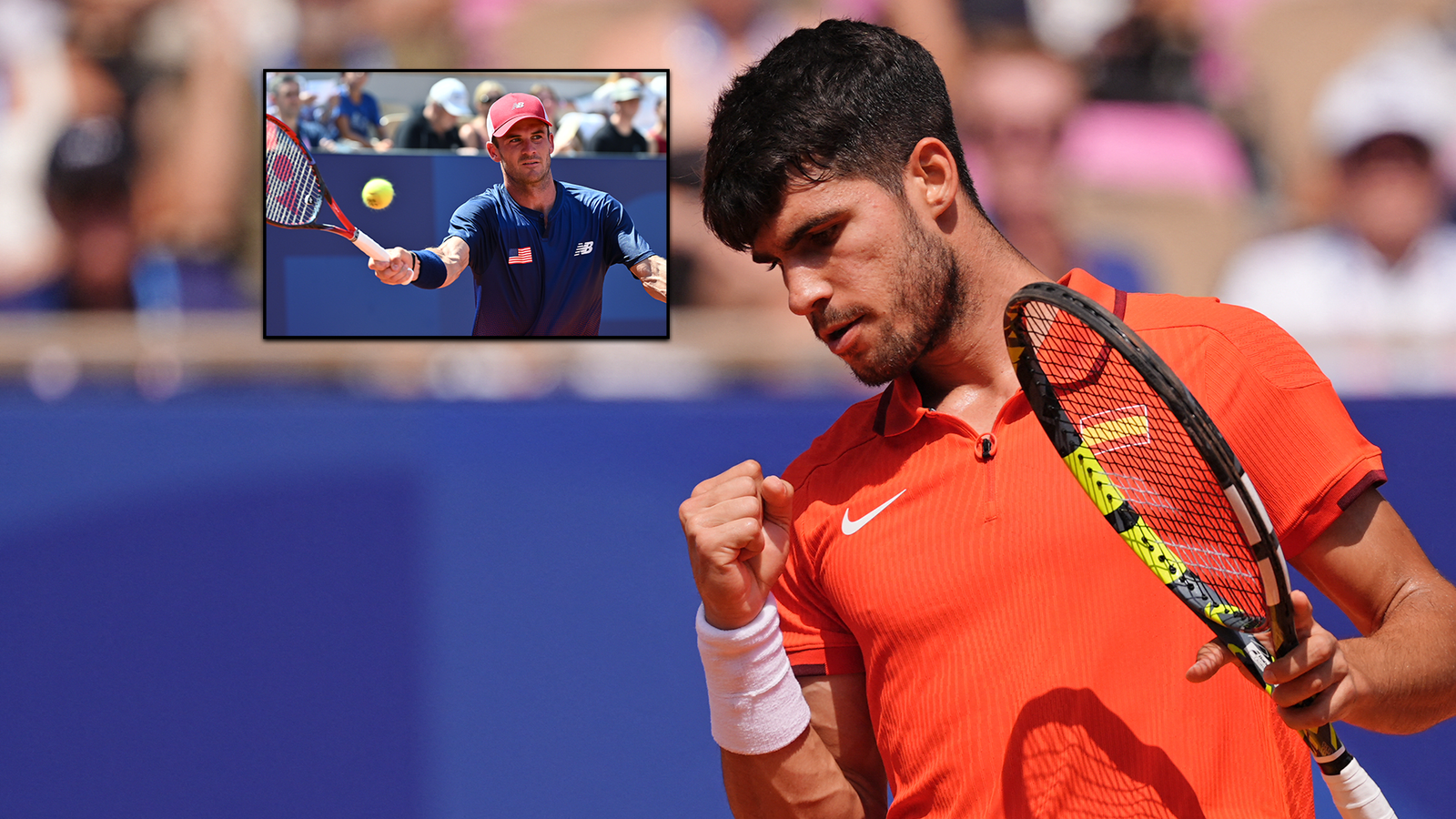Alexei Popyrin and Jessica Pegula Shine: Key Takeaways from the Canadian Tennis Tournaments.
In a stunning upset at the Canadian tennis championships, Jessica Pegula won another championship in Toronto, and Alexei Popyrin won his maiden Masters 1000 title in Montreal. Fans and commentators are left wondering, “What just happened?” after these victories.
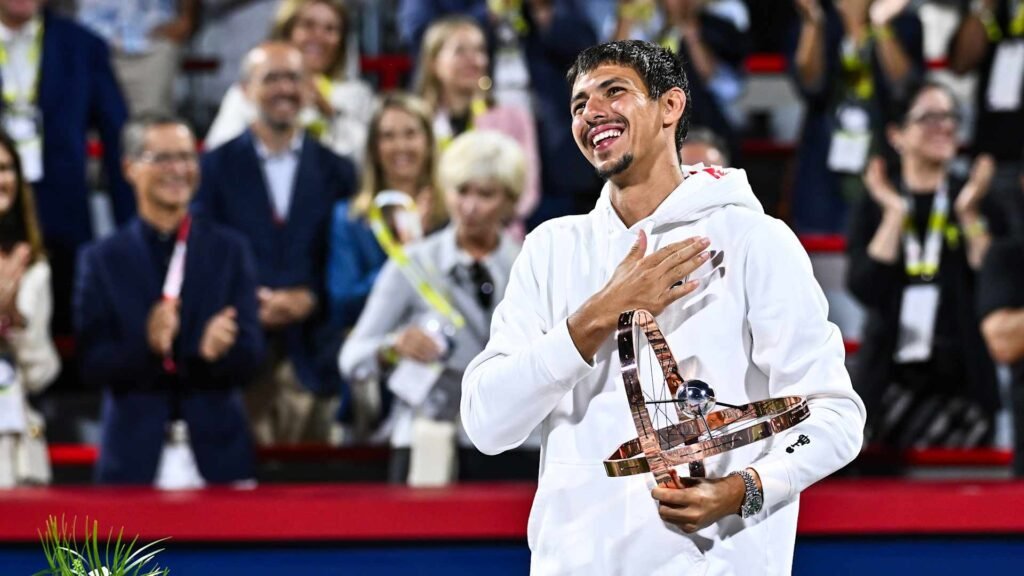
“What took place just now?” That’s what an ecstatic and perplexed Alexei Popyrin wrote on a sideline camera lens on Monday night after defeating Andrey Rublev to win his first Masters 1000 championship in Montreal. Though it was asked in jest, the question made sense. The 62nd-ranked Popyrin had never threatened to win a title this important in his seven years on the circuit.
However, viewed from a slightly different angle, Popyrin’s query might have been directed towards both of this week’s Canadian tournaments—the men’s in Montreal and the women’s in Toronto. Each experienced a diminished post-Olympic draw. The Games took a day off for each of them. Enormous volumes of rain brought each to a continual stop. And at the end, each had one unexpected unseeded finalist enter the picture.
Therefore, we might wish to question, “What, if anything, does Canada mean this year?” as opposed to, “What just happened?” Were these one-off events of little consequence going forward, when the likes of Novak Djokovic, Carlos Alcaraz, and Iga Swiatek come back? Could Popyrin’s triumph in Montreal and the two finalists in Toronto, Jessica Pegula and Amanda Anisimova, be indicative of their future achievements?
Whether Pegula can do as well at home in the United States as she can in Canada may be the first thing to consider about her. The 30-year-old American successfully defended the championship she earned in Montreal last year and increased her career record to 17-2 at the event with her victory over Anisimova on Monday, 6-3, 2-6, 6-1.
Pegula momentarily appeared to be a sneaky candidate for the US Open after her triumph here in 2023, but she lost badly in Cincinnati and New York. This time, she only faced one seed, No. 14 Diana Shnaider, and didn’t defeat any notable opponents. Regardless of the caliber of her rivals, Pegula concluded Monday’s play on a high note.
She counterpunched Anisimova quickly while covering defensive nuances. She came back with speed and depth. In the opening set, she won 16 of 17 points when serving, and in the third and final set, she won 16 of the first 18 points. She also concluded with a bang, delivering a couple of beautifully angled forehand winners in the last moments of play. She showed no signs of the pessimism that sometimes gets to her when she’s having a terrible day, even though she was losing six games in a row in the second set.
Pegula said, “I just need to pick up my energy here,” after she successfully redirected the match. “I had to come over and start the third right away, getting right on her. Particularly someone who can hit wins, push you around the court, and have such great ball-striking ability.
It was a promising development for American tennis to watch Anisimova dominate her opponents, as she did when she was 17 and made it to the semifinals of Roland Garros. After beginning the year below the Top 300, she defeated four Top 10 seeds in Toronto, including Aryna Sabalenka, and returned to the Top 50. She didn’t win on Monday, but she did recover from a nervous and shaky first set. Even at the age of 22, Anisimova can still drive the ball with the same level of casual power as any other player.
“I worked hard, kept my head down, and tried to return to the sport with a more laid-back attitude,” Anisimova stated. “Aiming to savor each day as it unfolds…I believe that kind of approach to life has been quite beneficial to me.
Following Anisimova’s disappointing performance in Toronto, Popyrin, another unexpected and unexpected finalist, completed the feat in Montreal. He defeated Rublev 6-2, 6-4 to record his fourth victory over a ranked opponent this week, joining Ben Shelton, Girgor Dimitrov, and Hubert Hurkacz.
After spending more than four hours on Sunday to win his quarterfinal and semifinal, it didn’t seem possible that Popyrin would muster the strength, resolve, or composure to prevail in his greatest match of the year just twenty-four hours later. But he had total control over Rublev from the beginning to the end.
Popyrin, who stands 6’5 and boasts a forehand that dominates rallies and a diverse serve, has long seemed like a guy who could finish in the top 20. However, he has had a difficult time; his ranking has been maintained by injuries, coaching changes, and persistently inconsistent play. Over the last two seasons, the results have started to stabilize, and he has been teasing a breakthrough week. This is where he finally understood it.
Perhaps Popyrin’s game has finally found its calling. He plays the same kind of serve-plus-one, hit-as-many-forehands-as-possible technique that is encouraged by modern coaches and analytics gurus. He demonstrated that he could force that approach on Rublev, a harder-hitter who was ranked higher. Popyrin made just 10 mistakes and blasted 31 wins, compared to 16 for Rublev.
Particularly noteworthy was the second statistic. In the rare instances when Rublev managed to strike a forcing shot, Popyrin exhibited remarkable patience by deciding to skillfully maneuver the ball back into play instead of firing back. When they were there, he won with amazing inside-out winners, but he also won by maintaining consistency when it was all he could do.
About his breakthrough, Popyrin remarked, “It means the world, for all the hard work I’ve put in over the years, all the sacrifices I’ve made.”
What then transpired in Canada recently? While some well-known names were missing, Popyrin, Pegula, and Anisimova were the first to emerge victorious in the competition for the year’s final major, and they looked good doing it. Watch where their quick starts lead them.

